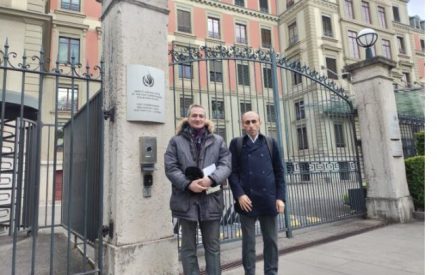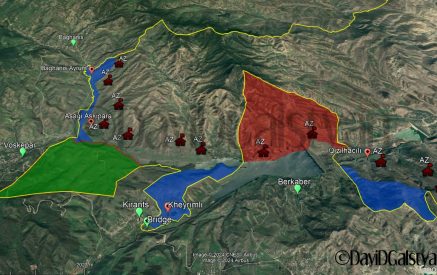It is common to say that we live in the post-truth era when what is essential is not what happened but what is said about it. The same can be said not only about events but also about texts. Social networks give us vivid examples of this daily, every minute. Any text can be interpreted in any way, taking a part of it and intentionally or sincerely presenting it as a dangerous, anti-human, or cruel phenomenon.
Let’s take the Sermon on the Mount of the Gospel as an example and imagine that this text was posted on Facebook, and the Armenian “haters” of Christ interpret it to turn the masses against God. Let’s present some quotes from the Sermon on the Mount and see how they can be interpreted in Facebook style.
“Blessed are the poor in spirit, for theirs is the kingdom of heaven.”
– Look at what he preaches; he wants us to have no spiritual values, to live like grass.
“Blessed are the meek, for they shall inherit the earth.”
– This wants to break our resistance and calls us to submit to evil meekly.
“If your eye causes you to stumble, pluck it out and throw it away.”
– It is a sermon of masochism and self-harm.
“Do good to those who hate you and pray for those who persecute you and make you suffer.”
– He wants us to forgive the Turk, befriend him, and be killed by his sword (yataghan).
“Do not give any holiness to dogs, do not throw your pearls before swine, lest they trample them and turn and attack you.”
– He despises ordinary people, behaves high, and plays as a lie elitist.
With this style, you can discredit and denigrate any text which is done every day, every second. But is that a feature of the 21st century and Facebook? After all, they were distorting the Lord’s words in the same style just at the moment they were uttered.
Aram ABRAHAMYAN



























































